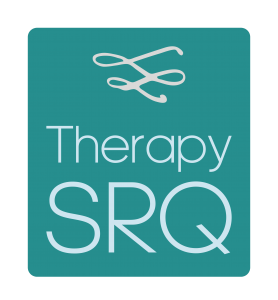Self harm or “Cutting” and why does our youth do it?

Self harm or “cutting” appears to be an increasing epidemic in our youth. Working with youth in schools and various settings since 2001, it seems to have taken off. So, why cut? Cutting is used as a way to cope with the discomfort of powerful emotions. For instance, bullying, self-esteem issues, relationship problems are all common stressors that are behind this negative coping mechanism. Perhaps their feelings are so intense that they don’t quite have the coping mechanisms to relieve the emotional pain.
Lyness D’arcy at Teenhealth.org https://kidshealth.org/en/teens/cutting.html explains that teens can cope better with major life events and overwhelming emotions with the help of a mental health professional. Self harm or “cutting” can become habit forming by the person getting a false sense of relief from cutting. The brain starts to connect the false sense of relief to the cutting behavior. As a result, the behaviors can feel like an addiction. A person may feel that they need to cut to cope with their feelings. When they have difficult feelings, the thoughts go to cutting.
Identify the trouble that’s triggering the cutting. Cutting is a way of reacting to emotional tension or pain. Try to figure out what feelings or situations are causing you to cut. Is it anger? Pressure to be perfect? Relationship trouble? A painful loss or trauma? Mean criticism or mistreatment? Identify the trouble you’re having, then tell someone about it. Many people have trouble figuring this part out on their own. This is where a mental health professional can be helpful. http://sioutreach.org/
If you or someone you love have a problem cutting please reach out for help. Admitting you need help can be challenging. Cutting can make you conceal your feelings from the world even more. A feeling of shame is commonly associated with these behaviors. However, many feel a sense of relief after telling a trusted adult. Forms of non-suicidal self injury are not something to dismiss. If you need further help or guidance please call Therapy SRQ at 941-202-3432.


